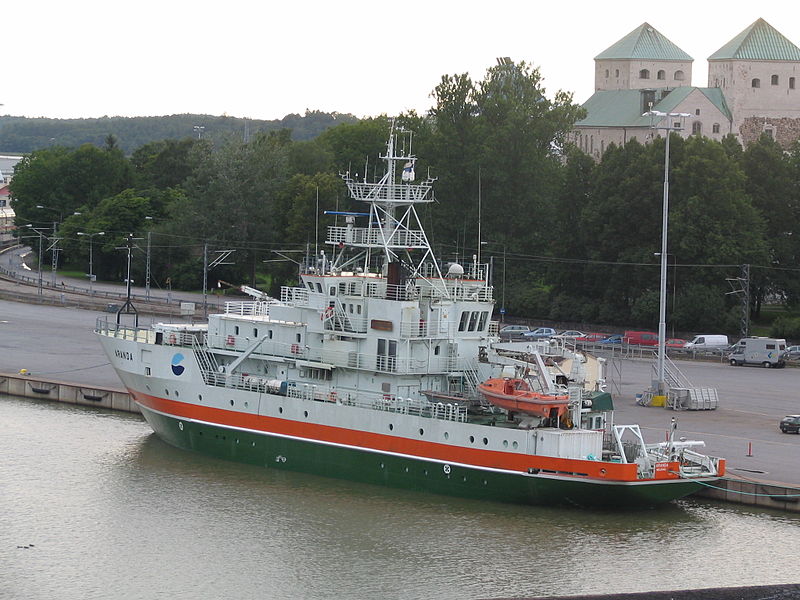A report from the Lithuania Tribune details a change in Lithuanian defence policy:
The State Defence Council, comprising of the Lithuanian president, prime minister, parliament speaker, defence minister and army chief, decided on Tuesday to reintroduce military conscription in Lithuania.
The conscription, which was suspended several years ago as Lithuania opted for the professional army, should be reintroduced in light of the changes in geopolitical situation, President Dalia Grybauskaitė said after the meeting.
“We must reinforce the country’s defence capacities. Under new geopolitical circumstances, the army must be properly prepared for the country’s armed defence even in times of peace. Today’s geopolitical situation requires that we strengthen and speed up the manning of our army. Therefore the State Defence Council has decided that it is necessary to temporarily, for five years, reintroduce compulsory military draft,” President Grybauskaitė said.
Under the proposal, compulsory military service would apply to men between the ages of 19 and 26. The plan is to draft between 3,000 and 3,500 men each year. Exemptions would apply to university students, single fathers, men with health issues or otherwise unsuitable for military service.
In Newsweek, Damien Sharkov reports on the high tempo of Russian “training” missions near the Baltic states:
Increasingly frequent snap military drills being carried out by Russia near its eastern European neighbours could be part of a strategy that will open the door for a Russian offensive on the Baltic states according to defence expert Martin Hurt, deputy director at Estonia’s International Centre for Defence and Security.
The Lithuanian and Estonian defence ministries have expressed alarm at the increased military activity, and drawn comparisons with moves prior to the Russian invasion of Crimea.
Commenting on Russia’s announcement last week that its armed forces will not cease holding snap military exercises, Hurt, who has previously worked for Estonia’s Ministry of Defence as well as for the armed forces of both Estonia and Sweden, warned against taking this news lightly.
“My take would be that the Russian authorities want to raise the readiness of their forces and also make European nations more relaxed to a new norm where the Russian Armed Force often conduct snap exercises,” Hurt says.
According to him, a relaxed European attitude about increased Russian military activity would be “extremely dangerous” for the democratic governments of Europe and particularly for Estonia, Latvia and Lithuania.
“A realistic scenario against the Baltics would be a ‘normal’ Russian snap exercise that without notice turns into a quick assault on one or several of the Baltic states’ capitals. Such an attack would have greater probability of success than the hybrid scenario we saw in Crimea,” Hurt adds.
“A decisive move by Putin assuming that the weak leaders of Europe will not react quickly and ‘avoid escalation’ is a possible scenario,” Hurt adds, highlighting that “the higher readiness NATO forces have, the better it is for the democratic part of Europe.”




